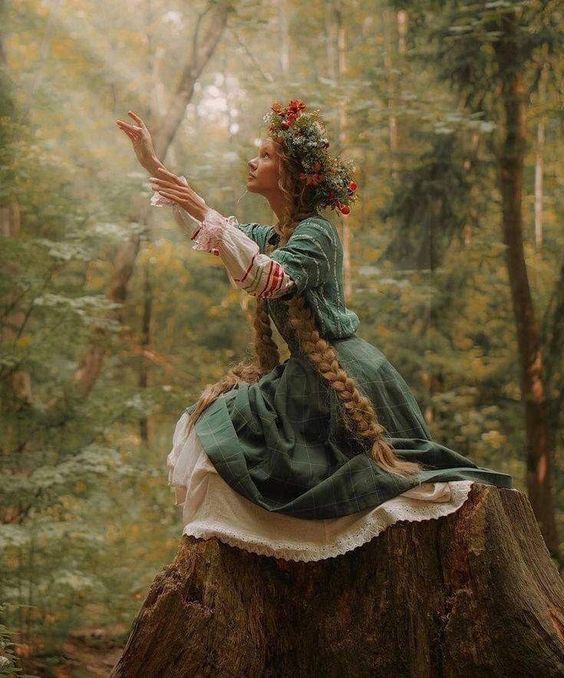It is one of the most colorful spring holidays in the Bulgarian calendar - Flower`s Day - that is what […]
Lazarovden | St. Lazarus`s Day
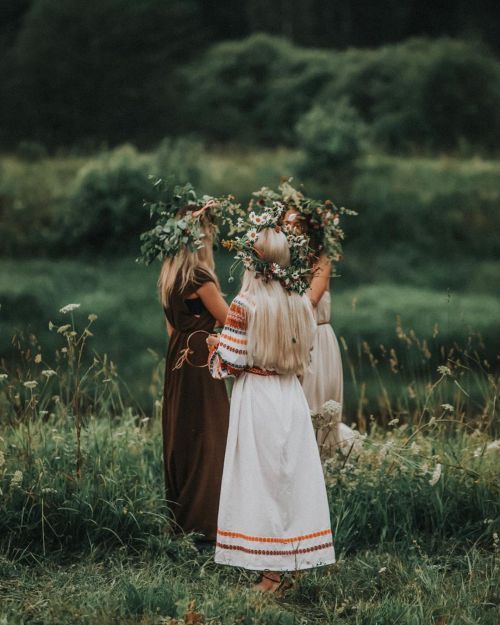
St. Lazarus marks the beginning of the Easter holidays, followed by Tsvetnitsa /Palm Sunday/ and Easter. It is always celebrated on the Saturday before Holy Week, so it is one of the so-called movable holidays.
It is one of the most colorful and joyful holidays in the Bulgarian national calendar, which is traditionally organized and celebrated only by women.
The Christian resurrection symbolizes the awakening of nature, which is why Lazarus Day is also a celebration of awakening forests, fields, and pastures.
Traditional food on the table must be laden with a variety of meatless dishes: pie with rhubarb cream soup nettles, green salads, sweet dates, and boiled wheat, which is distributed in memory of the deceased. People should decorate the festive table with flowers and willow branches.
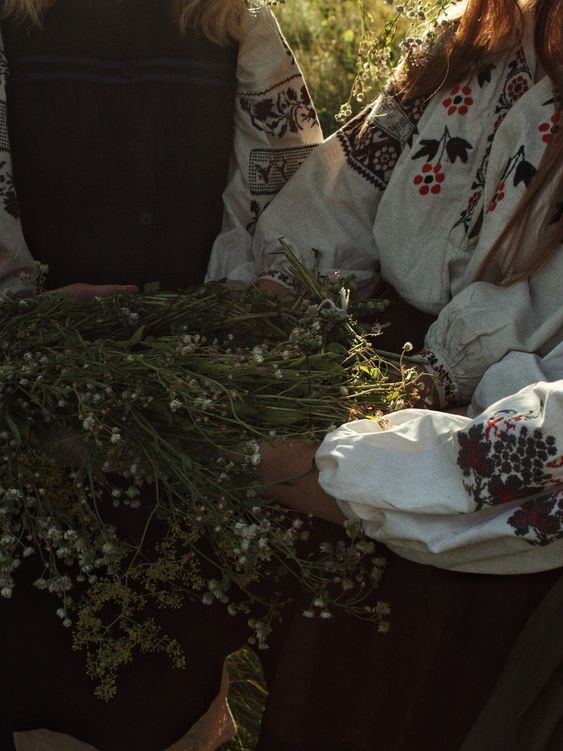
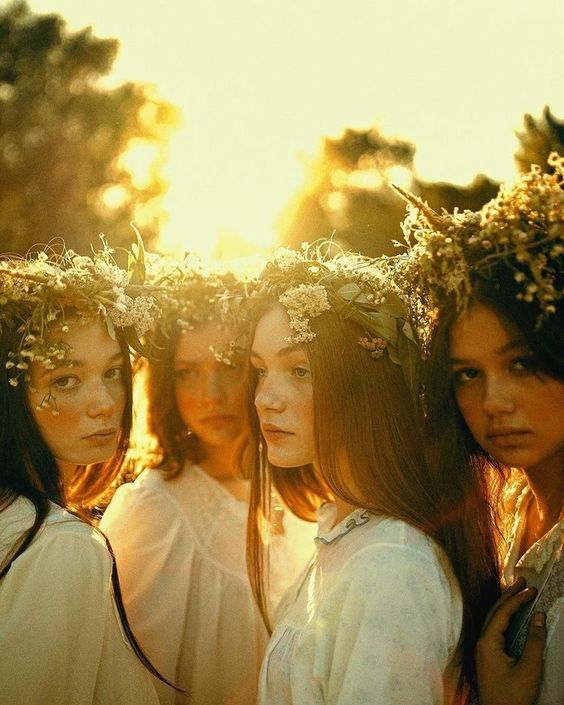
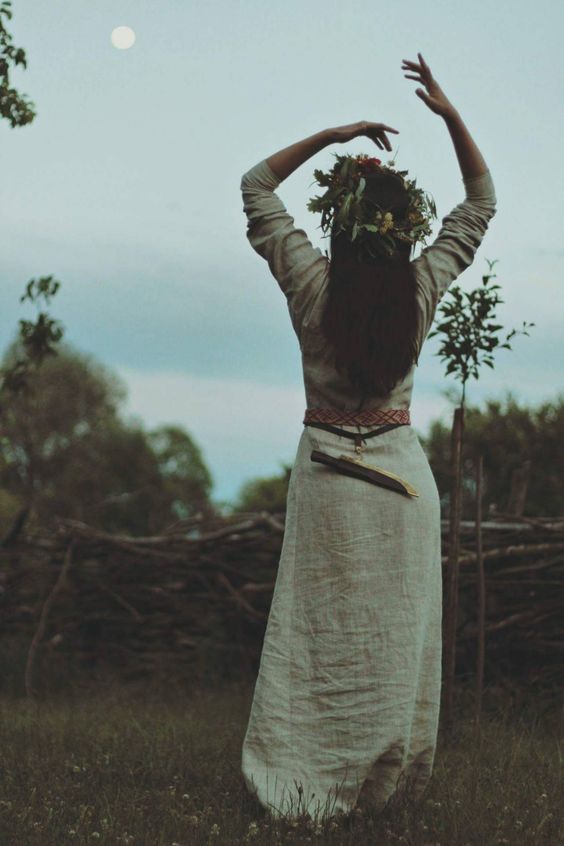
Tradition
The day is also called Lazarova Saturday, Lazaritsa, Lazarus. This is a celebration of fields, pastures, and forests, but also a celebration of girls witch after the ritual "lazaruvane" could dress and behave like a grown woman, and they are allowed to marry.
In the past, our great-grandfathers believed that the word spoken on this day had a magical power, and besides helping girls to become women, it also helped spring change winter.
The most characteristic custom of this day is the so-called Lazarus. As the tradition of Lazarovden dictates, little girls and unmarried girls become lazarkki. They go around the homes and sing to the owners songs for the fertility and health of the family.
According to old Bulgarian traditions, the preparation for Lazarov Day starts already from fasting. An older woman helps the girls learn the songs they will perform.
St. Lazarus`s Day early in the morning, groups of six or seven girls aged 10 to 16 years "lazarki", dressed in new and clean girlish costumes, decorating with wreaths and fresh bunches on chapters start to go around rural homes. The whole time they sing festive ritual songs, and perform their ritual dance, most often called "boenek." Hostess makes the girls jump high and taps his feet to grow the high crops and livestock fruitful. Then she gives the girls eggs which they collected in baskets.
The festive day ends on the morning of "Tsvetnitsa", with the ritual "kumichene" - the young girls drop the willow wreaths they have made into the river and watch which one will arrive first. The bachelors, on the other hand, must go to the home of the girl they love to ask for her hand in marriage.
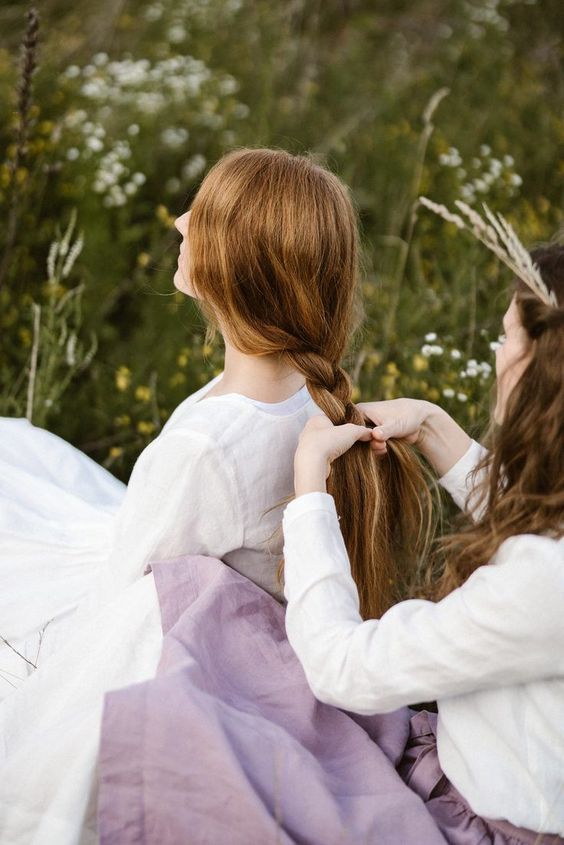

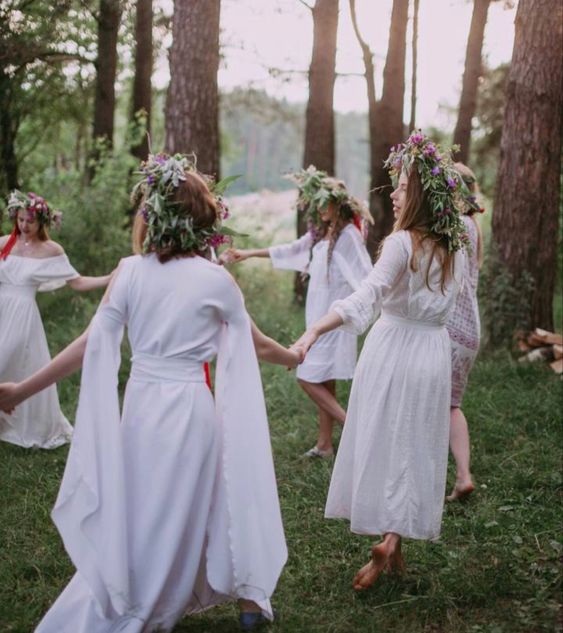
Superstition
Many of the customs that are carried out are connected with faith in the mysticism of St. Lazarus`s Day.
- The owner of the house rolled a sieve through the lazars and guessed the fertility according to how it would fall to the ground.
- According to folk beliefs, the owner of the house must give each girl a raw egg, which symbolizes immortality.
- In addition, it has the magic magical ability to break spells.
- It is believed that a house that is visited by "lazarki" will be happy and blessed, which they themselves wish for through their songs.
- The interesting folk belief is also connected with the maiden customs of St. Lazarus`s Day, according to which a girl who has performed with the other girls the ritual, cannot be abducted by a dragon.
.
